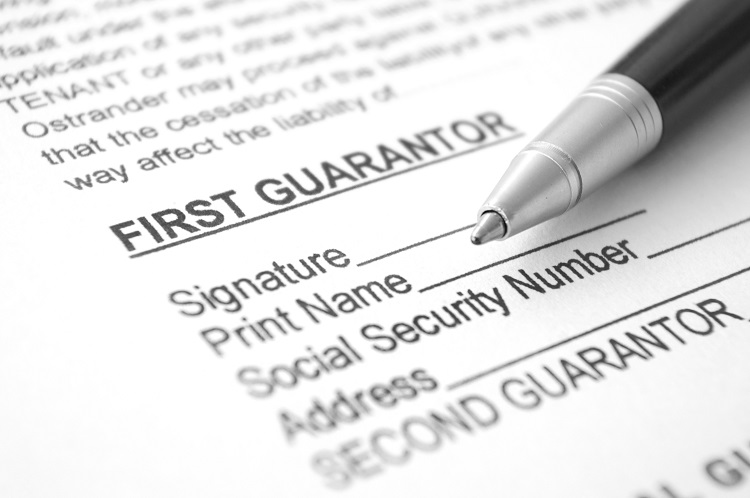
Many times, the financial organisations ask the home loan borrowers for a guarantor. Read on to know more about it.
When you apply for a home loan, there are certain specific requirements that you must meet to be eligible for the loan. In some cases, even if you meet the lender’s eligibility requirements, you may need to have the loan documents undersigned by a guarantor.
Conditions where you may require a guarantor for availing a home loan
The lenders generally ask the home loan applicants for a guarantor under the following cases:
- If the amount you wish to borrow is beyond the limit as per the bank’s policies.
- If your credit score is lower than the minimum credit score requirement of the lender.
- If you have a poor track record of loan repayment or debt settlement.
- If you are involved in a high-risk profession.
- If you are over or close to the maximum entry age limit to apply for a loan.
- If your income is lower than the minimum requirement.
The primary reason why the financial organisations ask for a guarantor is to ensure that they recover the full amount they lend even if you, as a primary loan applicant, fail to repay the loan.
Factors to consider before you sign a home loan guarantor for someone
If you wish to sign as a guarantor for someone’s home loan, it is vital to make an informed decision. Once you sign the papers, you will be legally liable to repay the loan if the borrower fails to repay the amount.
First and foremost, you must ask the financial organisation if you are a financial or non-financial guarantor. A non-financial guarantor is kept on the records and act as an alternative contact person for the lender if the primary borrower cannot be reached. As a non-financial guarantor, you are not liable to repay the amount. However, if you sign as a financial guarantor, you are legally liable to repay the loan on the borrower’s behalf if they default on the payments.
Another important thing you must ask the lender while signing as a guarantor for a home loan is, ‘what are the guarantor’s obligations?’ In most cases, the financial guarantor’s obligation is limited to repaying the outstanding home loan amount, the late fees, etc.
While you may want to help someone get the loan approved for your family members or friends, you must know that by signing as a guarantor, you share the loan’s liability. This means if the actual borrower defaults, it will affect your creditworthiness and credit score. So, if you are planning to apply for a home loan yourself soon, make sure that you think twice before singing as a guarantor.
As a guarantor, you must be wary of the home loan tenure. This is because you will be liable to repay the amount for that period or until the loan is completely paid off. After the borrower pays the full amount, you must get a NOC (No-object Certificate) and a release of guarantor form from the lender to be legally free of any obligations.
Final Word
Thus, before you sign as a guarantor for someone else’s home loan, make an informed decision as sometimes due to friendship or family relation, you may agree and regret it later.




